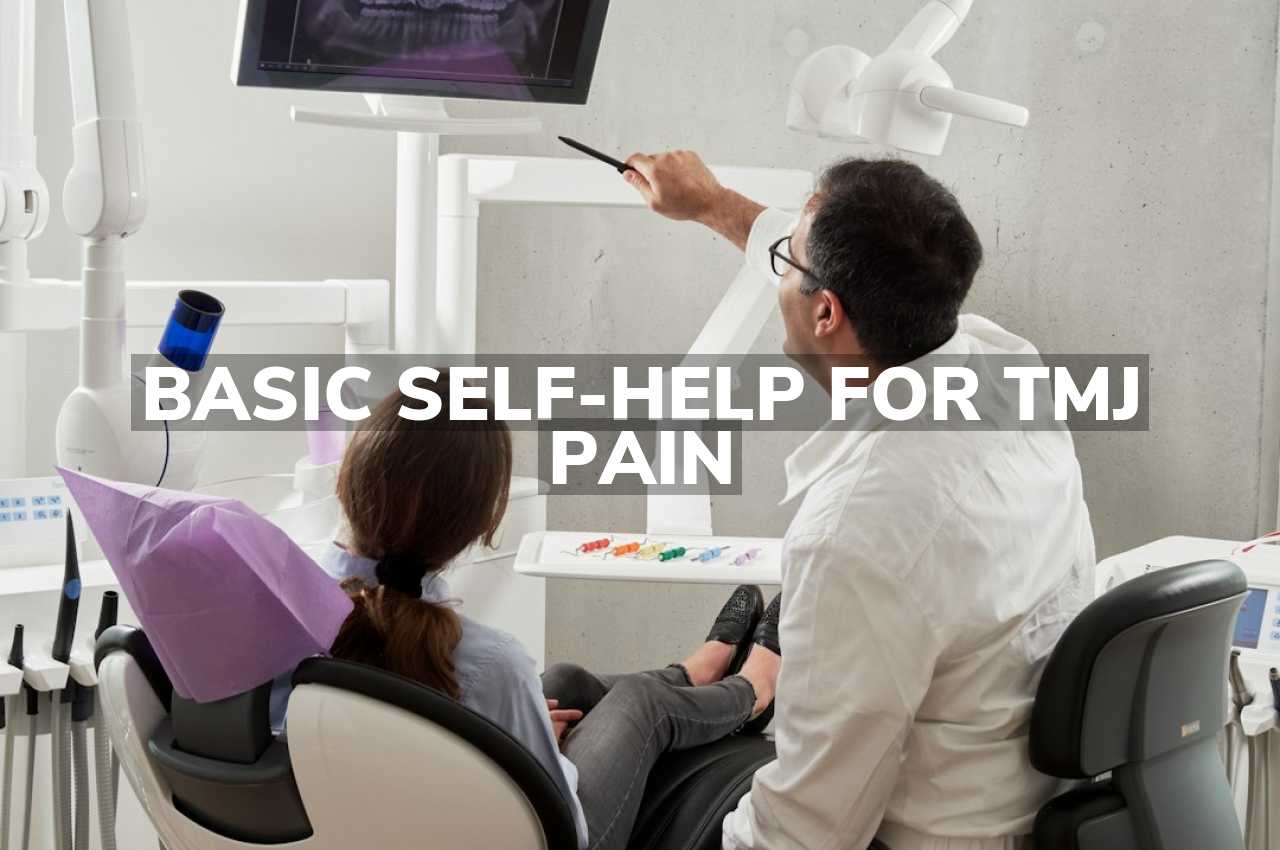Temporomandibular Joint (TMJ) disorder is a painful and debilitating condition that affects the jaw joint, causing pain in the face, neck, head, and even radiating down to the shoulders. It can be caused by damage or misalignment of the joint itself or due to stress, grinding teeth, clenching jaw muscles, or arthritis. If left untreated it can lead to serious complications like headaches and chronic pain.
Fortunately, there are many self-help strategies available for managing TMJ pain including reducing stress levels, using hot/cold packs for relief from inflammation and spasms as well as avoiding certain trigger foods that may exacerbate symptoms. Additionally engaging in specific exercises designed specifically for this condition has been known to provide great relief over time. In this article, we will explore all these strategies so you can take control of your own well-being today!
What is TMJ?
TMJ is a disorder of the jaw joint that can cause pain in the face, neck, and head. It can be caused by damage or misalignment of the joint itself or due to stress, grinding teeth, clenching jaw muscles, or arthritis.
What Causes TMJ?
TMJ can be caused by many things, including damage or misalignment of the joint itself, grinding teeth, clenching jaw muscles, arthritis, and stress. It is important to understand why you are experiencing this pain in order to effectively treat it.
Self-Help for TMJ Pain Relief
If you or a loved one suffer from TMJ pain, then there are a few things you can do to help get relief.
Reducing Stress
One of the most important steps in managing TMJ pain is to reduce stress levels. This can be done through a variety of different techniques such as meditation, yoga, deep breathing, and journaling. Regularly engaging in these activities can help relax your jaw muscles and reduce the occurrence of spasms or inflammation that causes pain.
Using Hot/Cold Packs
Applying hot or cold packs to the affected area has been known to provide relief from inflammation and spasms associated with TMJ disorder. Heat helps to relax tense muscles while cold helps to reduce swelling around the joint and relieve discomfort. Be sure to wrap any ice pack in a towel when applying it directly to the skin so as not to cause additional irritation or damage.
Avoid Trigger Foods
Certain foods can exacerbate TMJ pain, so it is important to identify and avoid these triggers. Common trigger foods include hard or crunchy items that require a lot of chewing as well as chewy or sticky treats like gum, jerky, and gummy candy. Caffeinated beverages and alcohol should also be avoided if possible.
Avoid Opening Your Mouth Too Wide
Opening your mouth too wide places additional strain on the jaw joint, so it is important to limit this movement as much as possible. Avoid activities that require you to open your mouth wide for long periods of time such as singing or excessive yawning.
Avoid Holding Your Phone Between Your Head and Shoulder
Holding your phone between your head and shoulder can increase tension in the jaw joint and cause pain. It is recommended to use a headset or speakerphone when talking on the phone for extended periods of time in order to reduce strain on the jaw.
Don’t Rest Your Chin on Your Hand
Resting your chin on your hand can put tension on the jaw joint, leading to pain and inflammation. Try to be aware of this movement and avoid it as much as possible.
Lips Together, Teeth Apart
Practice keeping your teeth slightly apart to avoid clenching and teeth grinding throughout the day.
Try Over the Counter Medications
Over-the-counter medications such as ibuprofen and acetaminophen can help reduce inflammation associated with TMJ disorder. Always follow the instructions on the package and never take more than what is recommended.
TMJ Exercises
Performing specific exercises designed specifically for this condition has been known to provide relief over time. These exercises involve stretching the jaw muscles and gently exercising the joint in order to promote healing and reduce discomfort.
Visit Lee Family Dentistry for TMJ Pain Relief
Lee Family Dentistry can help patients get TMJ relief using various treatments such as orthodontic adjustment and the use of night guards. If you or a loved one suffer from TMJ pain, then reach out to our offices to discuss your specific case and we can help you live a TMJ pain-free life.

